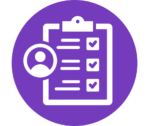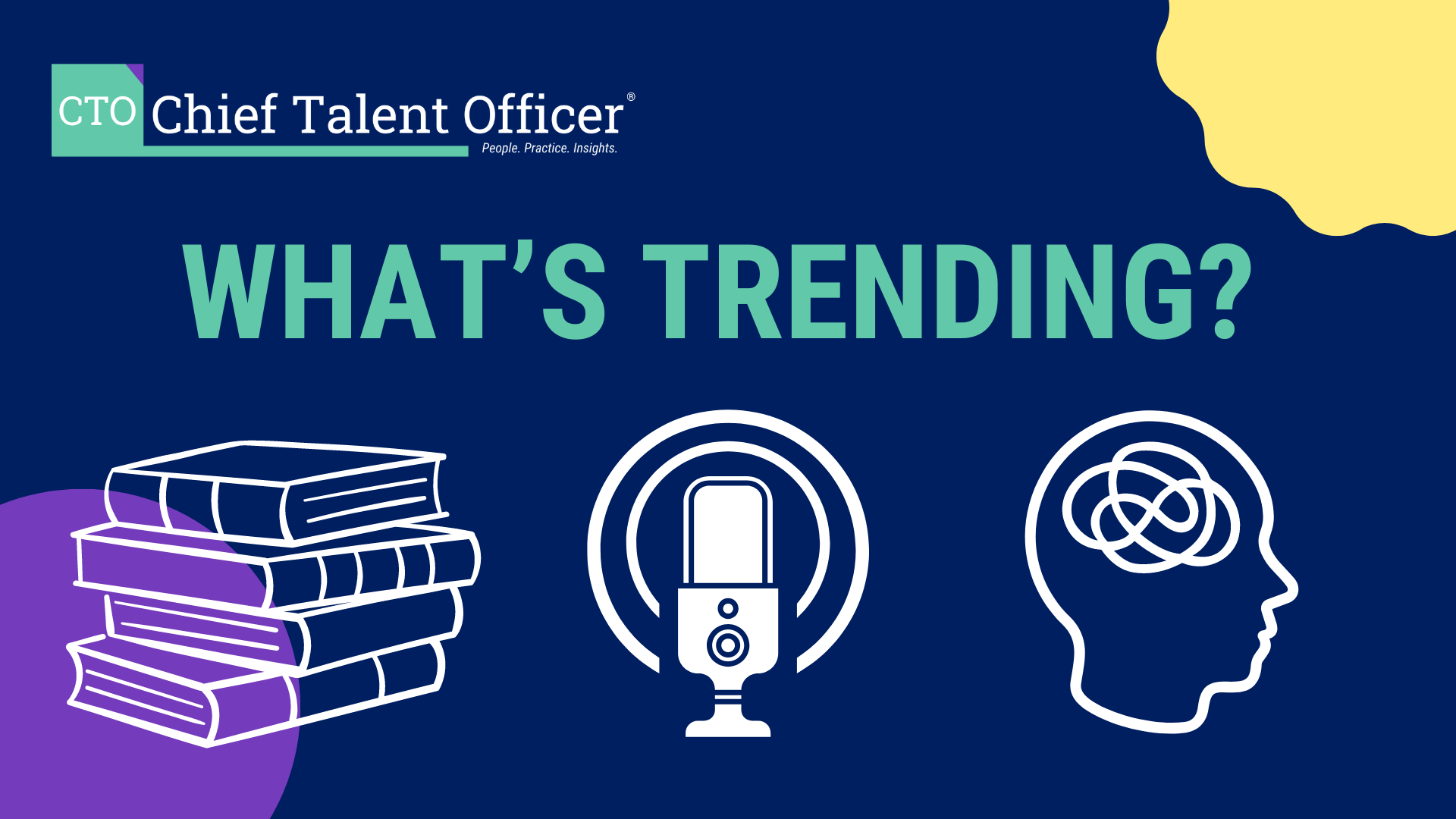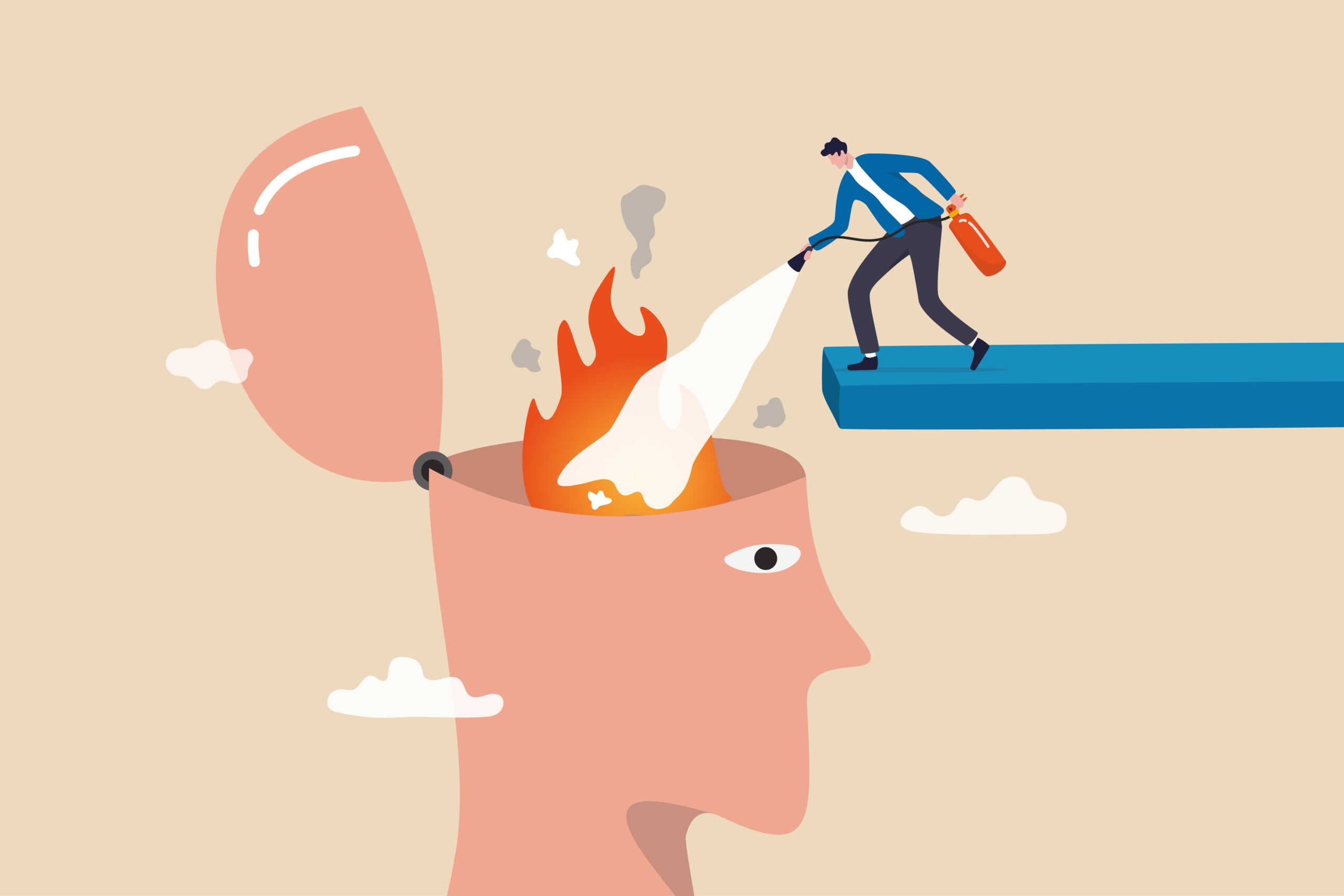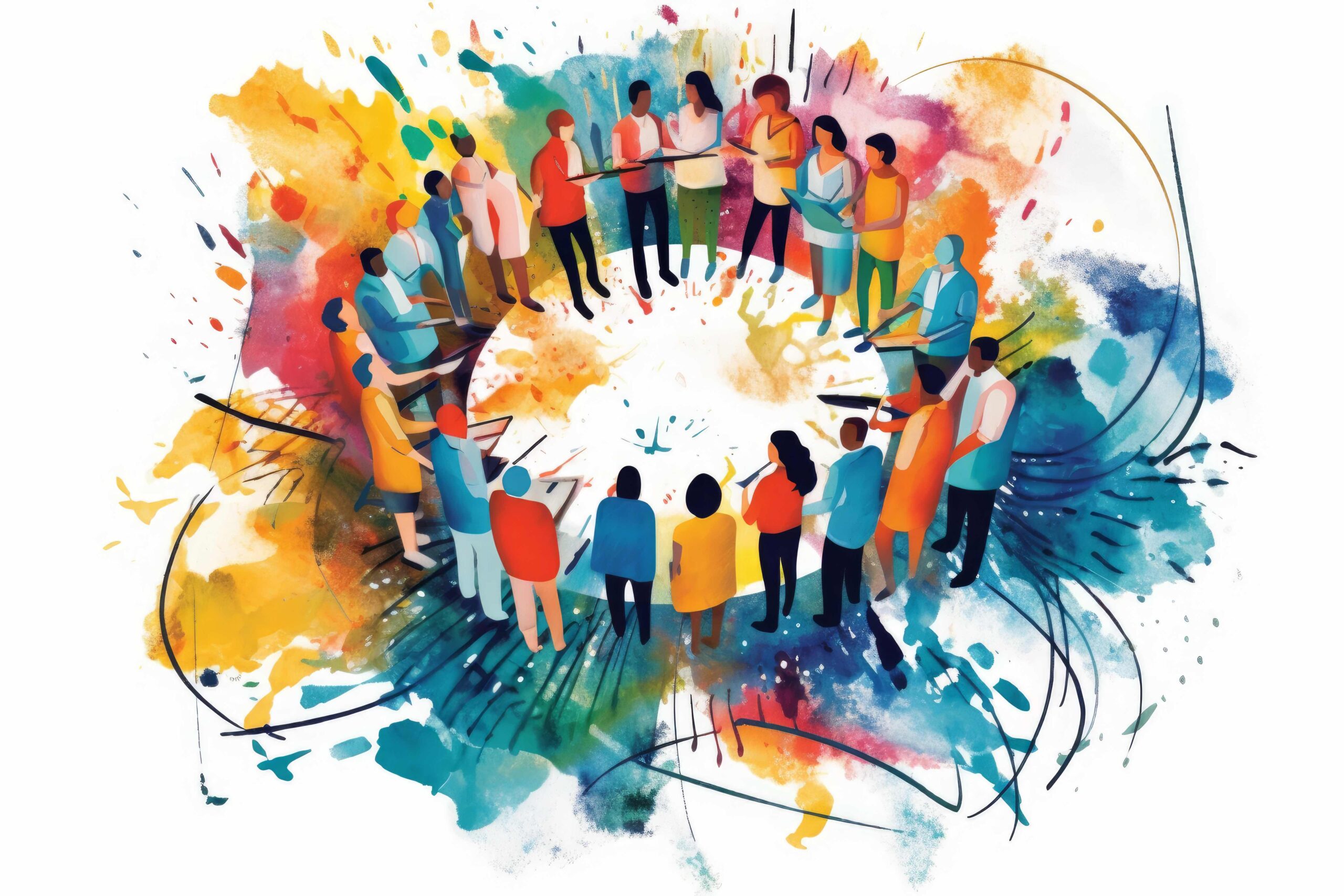-
What’s trending in talent management?
Explore the latest industry trends and recommendations on books, podcasts and more from the Chief Talent Officer community.
-
Unleashing the power of data analytics: Revolutionizing HR into a strategic business partner
What is the role of data analytics in talent management? It can help minimize hiring mistakes, enhance performance management, boost employee engagement and optimize talent investments, as well as transform HR into a strategic business partner.
-
Sacrificing leadership: Defining choices that impact women
Leveraging data to facilitate constructive discussions for change is what fuels equitable and inclusive opportunities for women.
-
Navigating the top 3 crucial tensions of leadership
Organizations must understand and address the challenges and pressures their leaders face or risk their talent and L&D efforts underperforming.
-
The future of upskilling
These trends should shape the tools employers use to help their workforces navigate the future sustainably.
-
HR analytics can prevent burnout, stress and turnover
MeQ is helping companies like Paychex fight burnout with science.
-
3 common onboarding mistakes — and how to avoid them
Through a well-structured program that establishes a timeline, clearly communicates expectations, provides channels to access resources and addresses cultural nuances, hiring teams can deliver a consistent onboarding process that sets employees up for success and longevity.
-
The future of talent management: AI’s role in skills assessment, mapping and career development
Talent managers must demand more from next-gen AI tools.
-
Using skills data and technology for the good of workers
Even the Industrial Revolution will not match the transformative potential of a skills-based future.
-
Case study: The employee journey project at SoftServe
By gaining a comprehensive understanding of their employees’ journeys, talent leaders at SoftServe could allocate resources effectively, address pain points and amplify moments that matter.
- BUDDY PASS NOW AVAILABLE on CLO Symposium Registration, CLO Accelerator Enrollment and Membership.
- BUDDY PASS NOW AVAILABLE on CLO Symposium Registration, CLO Accelerator Enrollment and Membership.
- BUDDY PASS NOW AVAILABLE on CLO Symposium Registration, CLO Accelerator Enrollment and Membership.
- BUDDY PASS NOW AVAILABLE on CLO Symposium Registration, CLO Accelerator Enrollment and Membership.

The performance of a business or talent team can be measured and evaluated based on the organization’s talent management programs, retention rates, industry innovations and its ability to adapt to change.




















